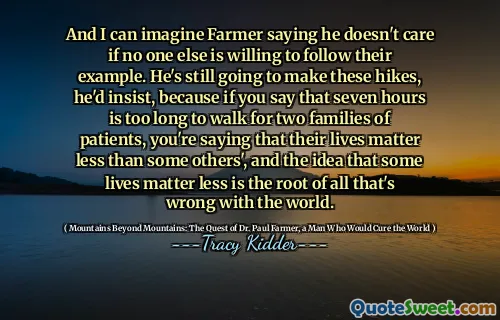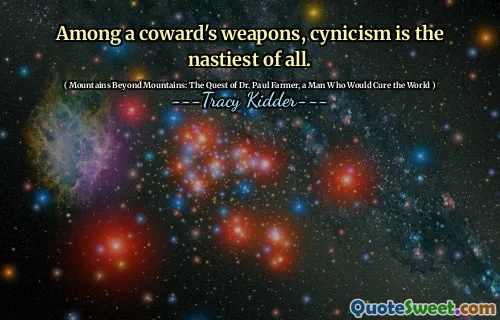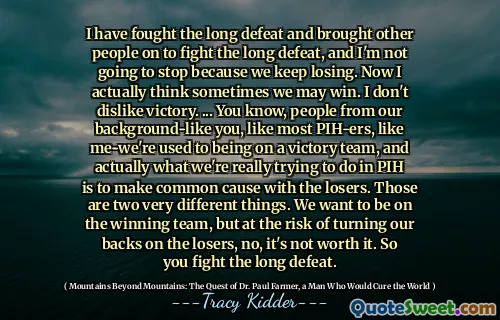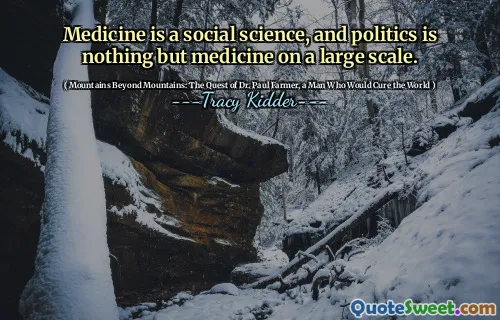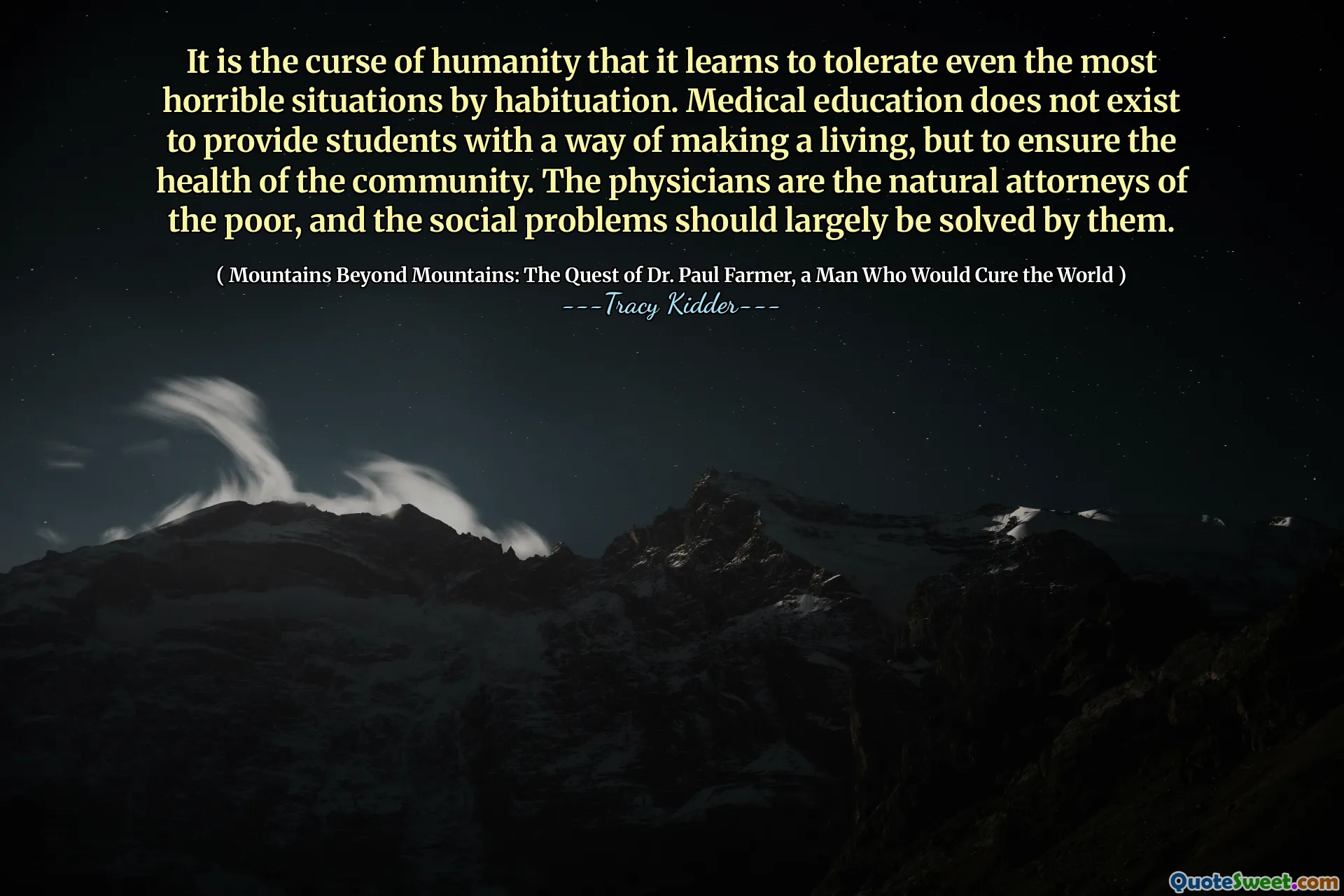
It is the curse of humanity that it learns to tolerate even the most horrible situations by habituation. Medical education does not exist to provide students with a way of making a living, but to ensure the health of the community. The physicians are the natural attorneys of the poor, and the social problems should largely be solved by them.
The quote highlights a profound issue within humanity's ability to adapt to adversity, often leading to an acceptance of dire circumstances. It suggests that individuals can become desensitized to severe hardships, losing sight of the necessity for change. This idea is particularly relevant in the context of medical education, which should prioritize community health over mere economic opportunity for students.
Additionally, the statement emphasizes the crucial role of physicians as advocates for the marginalized. It asserts that doctors possess a unique responsibility to address and alleviate social issues, positioning them as vital players in the fight against poverty and inequality. Ultimately, the work of physicians extends beyond mere treatment; it encompasses a commitment to social justice and the well-being of all community members.
